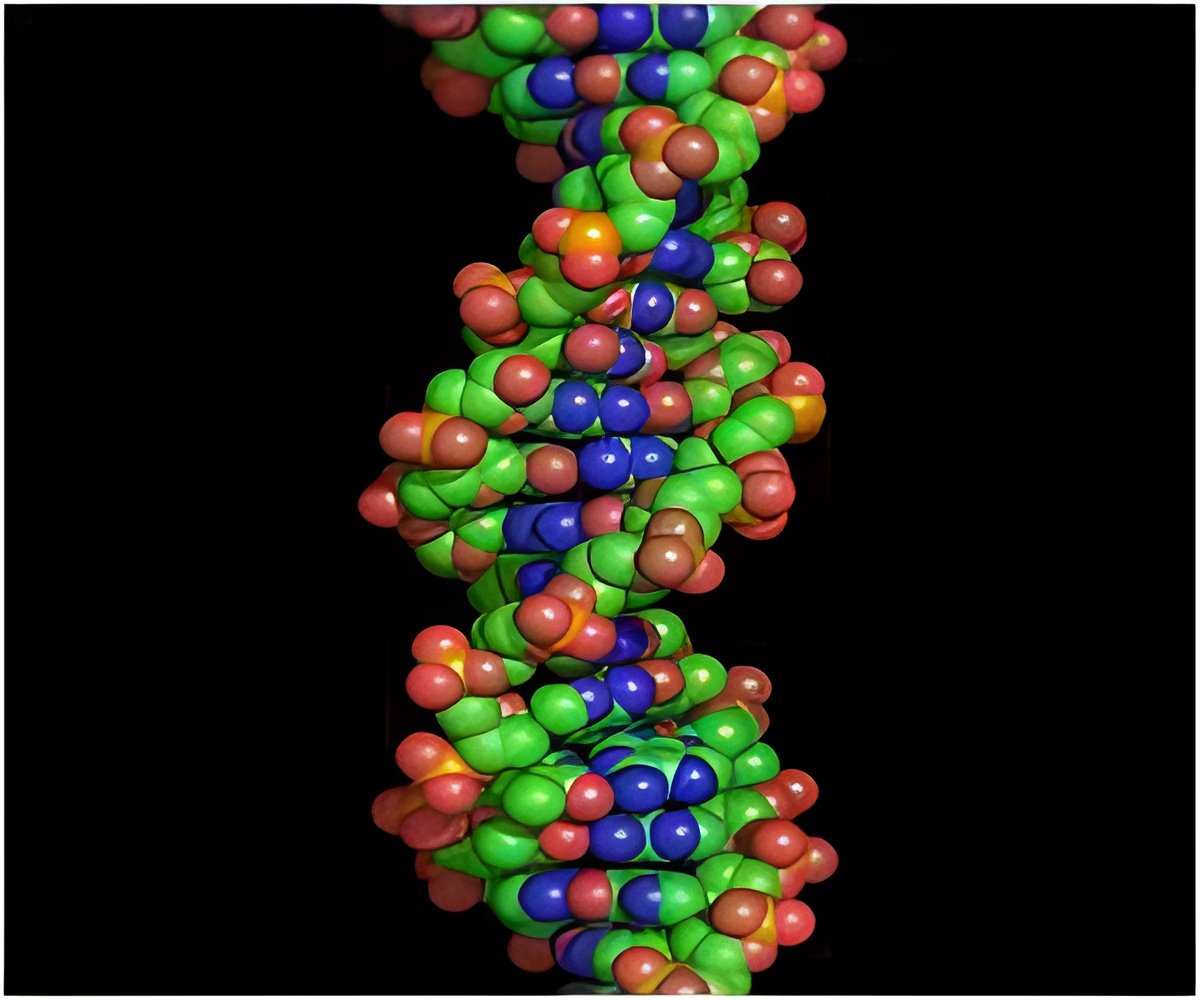
Photoperiodism is the physiological reaction of organisms to the length of day or night, occurring in both plants and animals.
Dr Mirko Pegoraro, a member of the team, explained: "The ability to tell the difference between a long and short day is essential for accurate seasonal timing, as the photoperiod changes regularly and predictably along the year."
The difference in cold response can be easily seen using the chill-coma recovery assay - in which flies exposed to freezing temperatures enter a reversible narcosis. The recovery time from this narcosis reflects how cold-adaptive the flies are.
The team has demonstrated that this response is largely regulated by the photoperiod - for example, flies exposed to short days (winter-like) during development exhibit shorter recovery times (more cold adapted) during the narcosis test.
Dr Eran Tauber from the University of Leicester's Department of Genetics explained: "Seasonal timing is a key process for survival for most organisms, especially in regions with a mild climate." In a broad range of species, from plants to mammals, the annual change in day-length is monitored by the so-called 'photoperiodic clock'.
Advertisement
Advertisement









